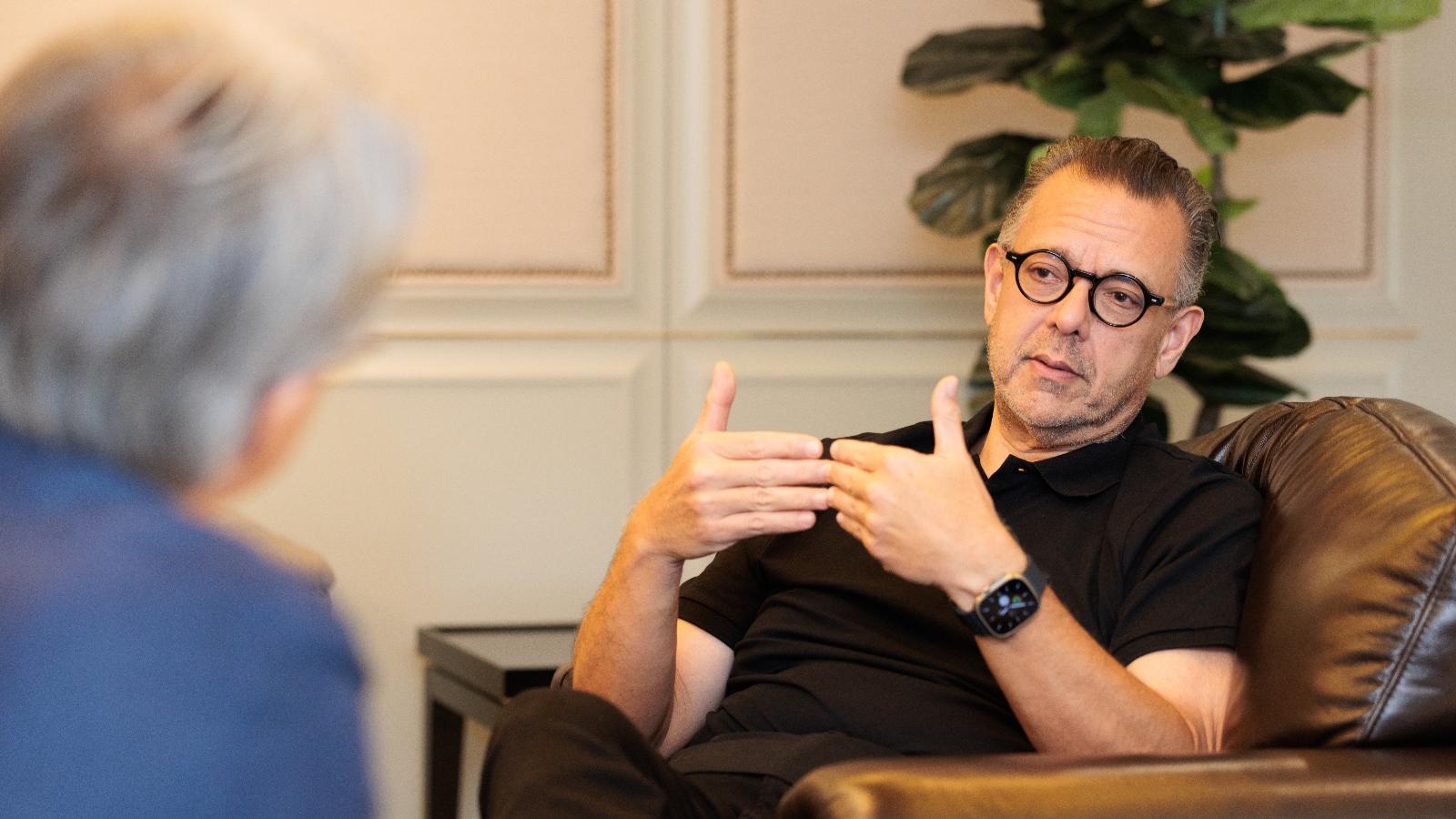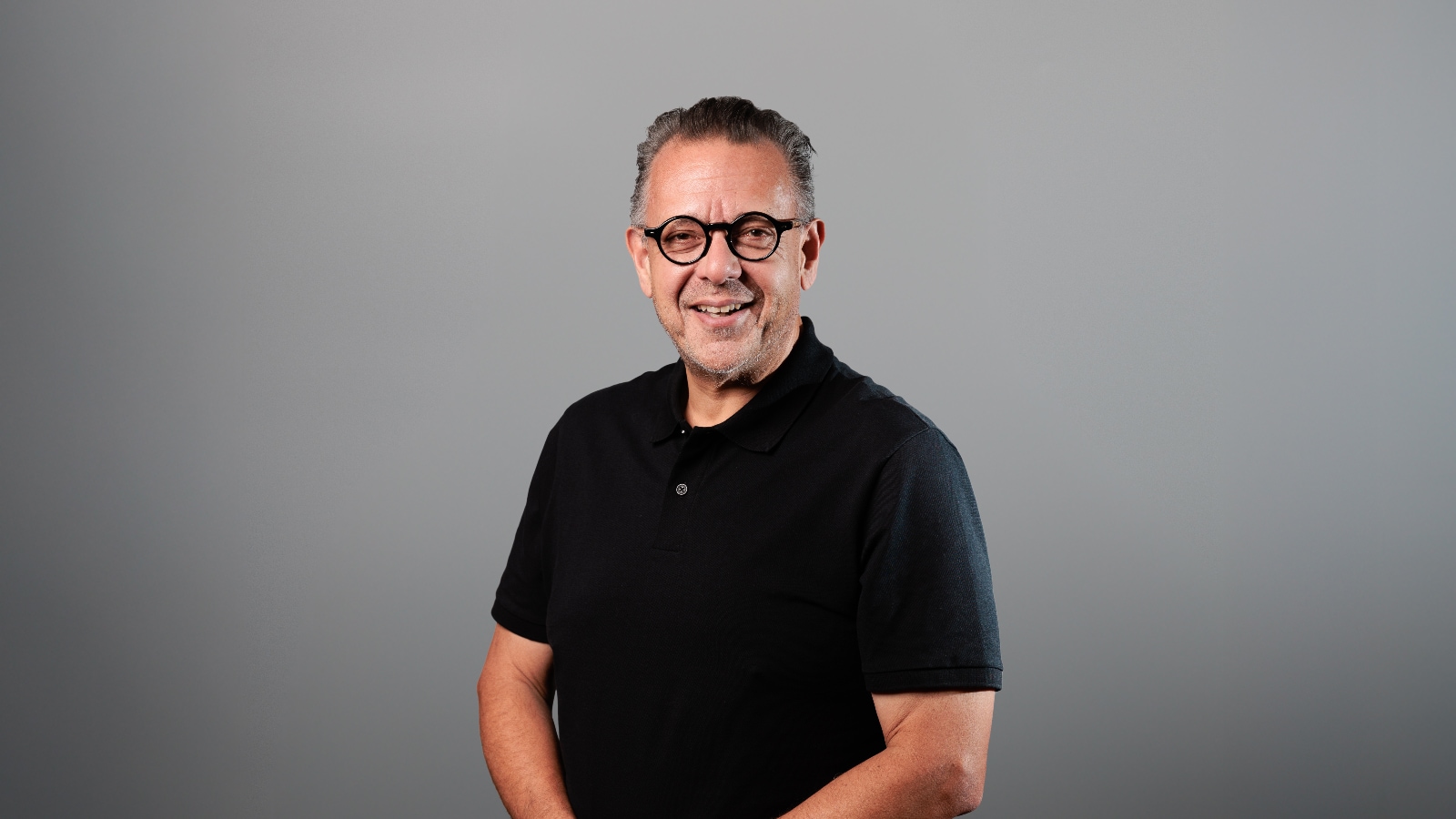To explore this evolving landscape, Dominic Chegne, Risk Services Partner at PwC Malaysia, sat down with Datuk Muhamad Umar Swift, Chief Executive Officer of Bursa Malaysia. As Datuk Umar approaches his retirement, he reflects on the strides made in sustainability reporting and the challenges that lie ahead. A highlight to this discussion is Bursa Malaysia’s Centralised Sustainability Intelligence (CSI) Solution, launched last year, in helping companies streamline ESG data management for more efficient and transparent reporting.
The role of data in sustainable growth
Dominic Chegne: Datuk, over the years, there have been considerable developments in the realm of sustainability reporting. How do you see the evolution of sustainability reporting requirements, and what are your expectations moving forward?
Datuk Umar: If we wind back the clock—so circa 2008—sustainability was often seen as just a part of corporate social responsibility (CSR). Fast forward to today and we see a very different world. We see consumers and investors wanting to understand sustainability. The Malaysian capital market is diverse in terms of capacity and capability, and that is probably the biggest challenge as we transition through the NSRF to align companies with the International Financial Reporting Standards (IFRS) S1 (General Requirements for Disclosure of Sustainability-related Financial Information) and S2 (Climate-related Disclosures) standards.
From our perspective, there is a wide range of readiness among corporates. We have about a thousand listed companies, but that is just the tip of the iceberg—there are many more MSMEs and SMEs who are part of the supply chain. The question is, how do we bring everyone along on this journey? There are many initiatives and resources available to support this transition, but it always comes back to a fundamental point: you need to measure to change.
We have a firm timeline and are working hard with various stakeholders to ensure there is enough capacity to allow it to happen. But when our regulatory team engages with public listed companies (PLCs), we found that the majority are still not ready. In fact, many are not aware of the obligations. Taking a sustainability lens to asset valuations can be quite challenging as it is a new way of thinking. It is not just about reporting; it is about understanding the intrinsic value of an asset. Case in point: is the current share price truly reflective of the long-term value of an asset if you have not factored in sustainability? And we do not regulate non-listed companies so that adds another layer of complexity.
'Taking a sustainability lens to asset valuations is a new way of thinking. It is not just about reporting; it is about understanding the intrinsic value of an asset. Is the current share price truly reflective of the long-term value of an asset if you have not factored in sustainability?'
There is a debate about what should be done regarding disclosure statements for smaller companies, and how that aligns with banks’ reporting requirements. We tend to think of ecosystems when we think about managing data, which is why we created CSI. It is a ubiquitous centralised data hub that everyone can use, and you only have to report your data once.
Sustainability without profitability is not sustainable. So, we provide the tools to allow people to pivot and move forward while meeting long-term, sustainable profit goals. We believe the marketplace is competitive, and differentiation comes from reporting and adoption. There is an awful lot of conversation about carbon reporting, which we see as a way to address demand-side management. Reducing carbon footprints can lead to greater efficiency, and that is why you are seeing the pricing signals in industries like electricity and water. Sustainability is crucial because resources are scarce.
Dominic Chegne: Based on market observations, there seems to be some reluctance—or rather, challenges—among companies in adopting S1 and S2 standards. Is it more about understanding and appreciating these standards better? From a company’s perspective, what are some imperatives to consider for implementing S1 and S2 standards to enhance competitiveness?
Datuk Umar: When we look at these standards, it is important to recognise that they represent a new way of reporting. It is not necessarily about the company at this point in time. We are working with regulators to engage accountants and build capacity. This is crucial for developing a greater understanding of what is involved in complying with these standards. It is a whole new way of thinking, and it does not happen overnight. Building knowledge and capacity is key. Reporting and data collection must move in tandem.
Dominic Chegne: With the CSI, it is about creating an ecosystem that connects the supply chain to reporting requirements and access to capital. You mentioned it briefly, but what was the moment that triggered the idea of developing the CSI?
Datuk Umar: The starting point for the CSI was ease of use. It is not about ease of use as a solution, but it was about ease of use as an outcome. We observed that platforms around the world were fragmented, and data sets would have to be reported. As you know, I am an old insurance man, and the art of the sale was about removing objections. If you eliminate every objection, then people have no choice but to engage. This is convoluted, and it would have been much easier to give a directive. But simply giving directives is not appropriate because we want to win hearts and minds. Forcing an outcome does not yield quality information. Ultimately, we want good companies and sustainable growth. We want there to be clarity in people’s investing decisions.
As we look at reporting, one of the objections was the existence of multiple formats, leading to what is often cited as an ‘alphabet soup.’ We are now moving towards a convergence of scorecards, and with this convergence we move to having a single platform. CSI envisions to be that platform that would ingest data.
And it is not just about reporting. As a part of the community CSI for your sector, we will explain to you where you sit vis-à-vis your peers. Companies and boards are inherently competitive, and once they begin to see where they stand within a peer group, it often prompts a call to action.
But what I was truly interested in is the ecosystem: how do we help MSMEs report to PLCs? Because when it comes to emissions, one company’s Scope 3 is another’s Scope 1 or 2. By building the CSI platform, we envision partnering with banks to enable smaller supply chain members to report seamlessly. For smaller banks, this data is invaluable. This ties back to our central goal of removing objections. If we make the process easy, reporting will naturally follow.
Beyond just financing, CSI pictures a future where suppliers can showcase their specific stock keeping units (SKUs) and their associated footprints. If you are a purchasing manager anywhere in the world, you could potentially come to Bursa Malaysia to find suppliers with the desired provenance or footprint. This capability transforms sustainability reporting into a marketing tool, creating a positive feedback loop where inputting data leads to referred business.
It has been my contention that we need to rethink how we look at sustainability and reporting. It is not a cost; it is an investment. And I am investing for the future.
‘It has been my contention that we need to rethink how we look at sustainability and reporting. It is not a cost; it is an investment. And I am investing for the future.’
The future of carbon trading
Dominic Chegne: Let’s talk about carbon markets. Bursa Malaysia launched the Bursa Carbon Exchange (BCX), a voluntary carbon market (VCM) at the end of 2022. I have been reflecting on the transactions over the past two to three years.
Datuk Umar: Unfortunately, we have not seen a sufficient number of transactions.
Dominic Chegne: How can we then make the VCM more vibrant?
Datuk Umar: The genesis of the VCM was from a desire for a compliance market in Malaysia. We were in the middle of the COVID-19 pandemic, so we asked ourselves, ‘What can we do?’ So, we became the market operator and started a VCM. Initially, there was support but actual backing was lacking. But as I look at the carbon market now, Dom, I believe there will be no distinction between voluntary and compliance markets; there will simply be a unified carbon market. The challenge lies in pricing carbon. I foresee a convergence of impact projects and compliance carbon market namely, the cap-and-trade system or emissions trading system (ETS). An ETS tends to be more palatable with industries, whereas carbon tax is regressive. A compliance carbon market is progressive as it changes behaviour.
I advocate for a national carbon standard—a central carbon body that owns the standard with methodologies that support both nature and technology-based projects. With a domestic carbon standard you then encourage smaller projects that have impact on the community and unlock unique opportunities for carbon projects relevant to our national circumstances.

Holding Boards accountable
Dominic Chegne: Moving on to the Public Listed Companies (PLC) Transformation programme. It is now in its fifth year and it is coming to a close. How do you think the programme has fared in meeting the initial objective of making companies be more investable?
Datuk Umar: It has gained good traction, although it is voluntary. I believe it is time that we put some teeth into it. We need an open conversation about what we expect from companies. There is not enough public debate on this; the press has a role to play, and there should be more shareholder activism. Malaysians are generally non-confrontational, but we need to view criticism as constructive debate rather than confrontation.
Public market reform is necessary. While I do not advocate for delisting companies, but Boards should have sector-specific targets agreed upon with investors. In a different market, this would be called activist investors. It is not a euphemism; I prefer the term catalytic because you need someone who can challenge and ask questions.
Boards should be held accountable for outcomes. Business plans may be proposed by management, but it is the Board that approves them and holds the authority. We need a process where Boards explain how they plan to improve performance, engaging with management in a healthy conversation.
Perhaps put a positive obligation on Boards to engage and make known to shareholders how they will achieve their desired outcomes. There are various tools available, such as the PLC Transformation guidebooks, to support this process. But it takes two hands to clap; while we reach out to shake your hand, you must also reach out and grasp that hand.
‘Boards should be held accountable for outcomes. Business plans may be proposed by management, but it is the Board that approves them and holds the authority.’
A new chapter
For years, Datuk Umar has advocated for long-term thinking—whether in corporate governance or sustainability. As he prepares to step away from Bursa Malaysia, that same perspective now shapes his views on retirement.
‘I have spent the last 20 odd years focusing on the financial aspects of retirement, but now I see a need to build a more sustainable healthcare system—that is the piece I am most interested in,’ he shares. ‘Think about retiring well: you have your savings, but a health event can deplete them, and you are suddenly not retiring well anymore.’
Much like Bursa Malaysia’s approach to sustainability reporting, he envisions a future where personal healthcare follows the same logic: better data, better decisions. A vigorous, portable medical record system could allow for early interventions, shifting the focus from treatment to prevention.
For Datuk Umar, the next phase is not just about stepping back—it is about pushing forward a conversation that matters. ‘I want Malaysians to retire well, and for Malaysians to retire well, that means focusing on both saving and staying healthy.’
Disclaimer: This interview with Datuk Muhamad Umar Swift, former CEO of Bursa Malaysia, was conducted in February 2025 prior to his retirement.
The views and opinions expressed by interviewees are their own and do not necessarily reflect those of PwC Malaysia.


















